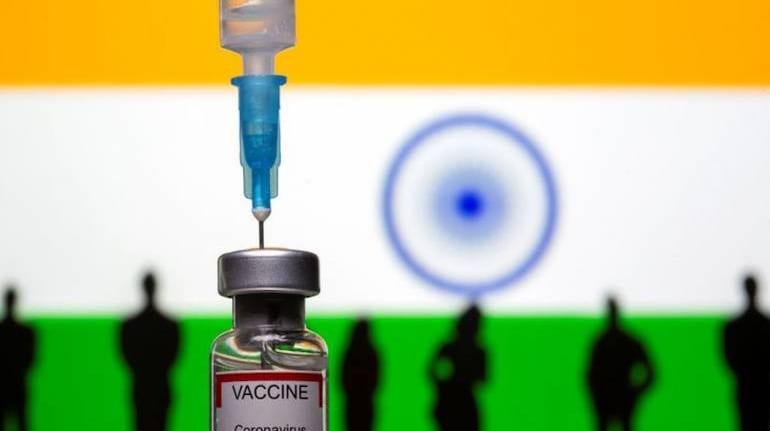



Amidst rising political opposition and under the Supreme Court scanner over its `liberalised vaccination policy’, the Centre may revisit its plans in July or August, once supplies improve.
Government officials said going back to the old model is an option, where it was procuring vaccines for the state governments, and could do so both for the 45-plus and the 18-44 age categories.
“This will have to be a political call at the top level. Nothing has been decided yet, but conversation about this change has started in the higher bureaucracy. The Centre is deciding the allocation of vaccines for the 18-44 group among states, but the states pay for those vaccines and not the Centre. The big issue is that most states want these vaccines for free like they get for the 45-plus age group,” a senior official in the central government told News18, speaking on conditions of anonymity.
A fixed quota of vaccines for private hospitals, who are charging people for the jabs, is however expected to continue.
Nearly all opposition-ruled states are united in their plea to the Centre to run the centralised vaccination exercise as earlier, citing the shortage of jabs in the global and domestic market.
Inoculation for the 18-44 group has come to a halt in some states due to this deficiency.
Besides the three Congress-ruled states and Maharashtra, Odisha Chief Minister (CM) Naveen Patnaik has made a similar request to the Centre two days ago, in addition to speaking with West Bengal Chief Minister, Mamata Banerjee.
Andhra Pradesh Chief Minister Jagan Mohan Reddy wrote to his Kerala counterpart Pinarayi Vijayan, saying that the need of the hour was a “centralised and coordinated drive supported by the states and for CMs to speak in one voice.”
The Supreme Court has also put the Centre’s vaccination policy under the microscope. Earlier this week, it termed non-extension of free vaccination to the 18-44 age group as "prima facie arbitrary and irrational" and asked why budgetary allocation of Rs 35,000 crore for vaccine procurement could not be used to inoculate this group free of cost.
The SC asked the Centre to file its response affidavit on this and a host of other issues, including the impracticality of mandatory registration on the CoWin portal given the sharp digital divide between urban and rural India, within two weeks.
The global tenders floated by over a dozen states for vaccines have got no positive response so far and they are getting only 25 percent of the total quota of vaccines produced in the country, which has proven to be inadequate, given the huge demand in this age group.
The government in a recent statement by NITI Aayog member, VK Paul, had pointed out that global tenders issued by states had largely failed as there was no adequate supply of vaccines available from abroad.
The statement also said that the Centre had run a much-better organised vaccination programme till April for the 45-plus age group, but states were allowed to buy vaccines directly from May, while opening the programme for the 18-44 category, given the incessant pressure from state governments for more freedom and taking into account the fact that health is a state subject.
The statement, in a way, admitted that the new policy of letting states buy vaccines directly from manufacturers had not fetched the desired results.
A key issue that could emerge in case of a policy change is whether the Centre would like to foot the cost of the vaccination for the 18-44 category as well, in terms of supplies it may give to the state governments.
The Centre has thus far supplied free doses to states for the 45-plus category, which it procured from the manufacturers for about Rs 157 per dose, while states have paid Rs 300-Rs 400 per dose to the Serum Institute of India and Bharat Biotech respectively, for procuring vaccines for the younger age group.
An official said a middle-path may be arrived at after discussions with the states, where vaccines may be provided to states for the 18-44 category at a subsidised rate, which is the cost the Centre has to pay to the manufacturers for the vaccine.
“That will be arbitrary and unjust as the Centre cannot charge us a price for vaccines for one category and provide vaccines to us for free for another category. The Centre has a Rs 35,000 crore budget for vaccines,” a senior state government functionary in Rajasthan told News18.
Discover the latest Business News, Sensex, and Nifty updates. Obtain Personal Finance insights, tax queries, and expert opinions on Moneycontrol or download the Moneycontrol App to stay updated!
Find the best of Al News in one place, specially curated for you every weekend.
Stay on top of the latest tech trends and biggest startup news.